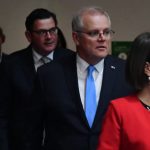What will the “new normal” look like?
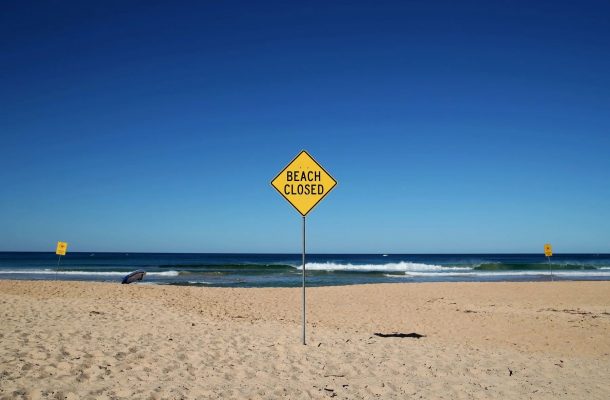
We are living in extraordinary times.
The COVID-19 global health crisis has, within a few weeks, fundamentally changed the way we live. Our most basic understandings of our freedoms to go about our daily lives as we choose have been upended.
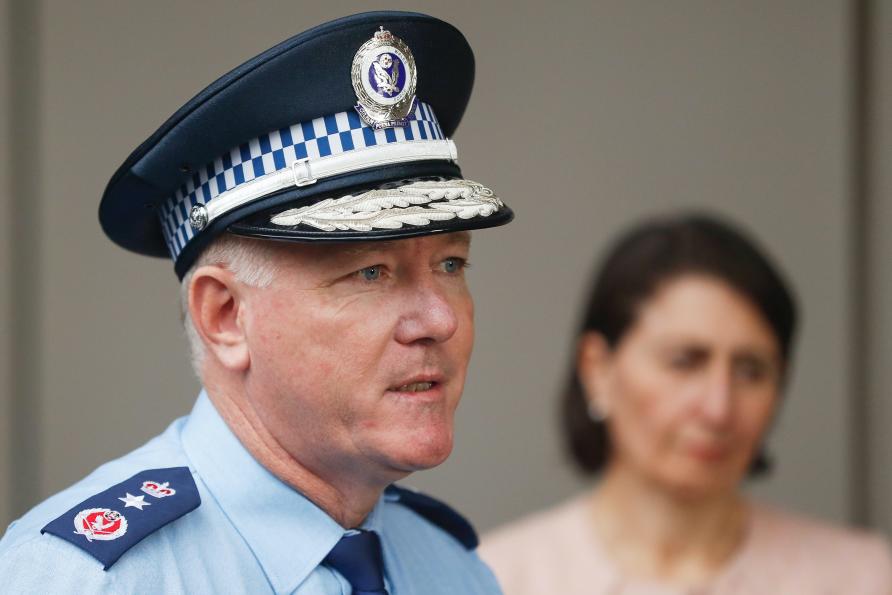
We have been adjusting to new ways of living almost daily as new restrictions come in.
The law has encroached into virtually all aspects of our lives in ways that were previously unimaginable.
Who could have foreseen that cafes, restaurants, pubs, cinemas, concert halls, beaches and places of worship would be closed? That legal restrictions would be imposed on the number of people we could have at weddings and funerals? Or that our governments would prescribe by law the circumstances in which we are permitted to leave our homes?
For the last couple of weeks, we have been adjusting to new ways of living almost daily, while awaiting the next announcement of more “draconian” measures, and wondering where it will all end.
Our collective understanding seems to be that we are in this ‘state of emergency’ (at the State level) or ‘human biosecurity emergency’ (at the national level) for a period of time that may last anywhere between three and 12 months, depending on how effective we are in controlling the spread of COVID-19, and how soon a vaccine becomes available.
The virus will pass, at least as an emergency, and we will go back to our ‘normal’ lives, having lost people we know and love, whether to the virus itself or to other conditions that we were unable to treat adequately because of the demands the virus placed on our health systems.
But there is also a growing sense that the new ‘normal’ may be very different from what we have known, and that the longer this crisis lasts, the more different the new normal will be.
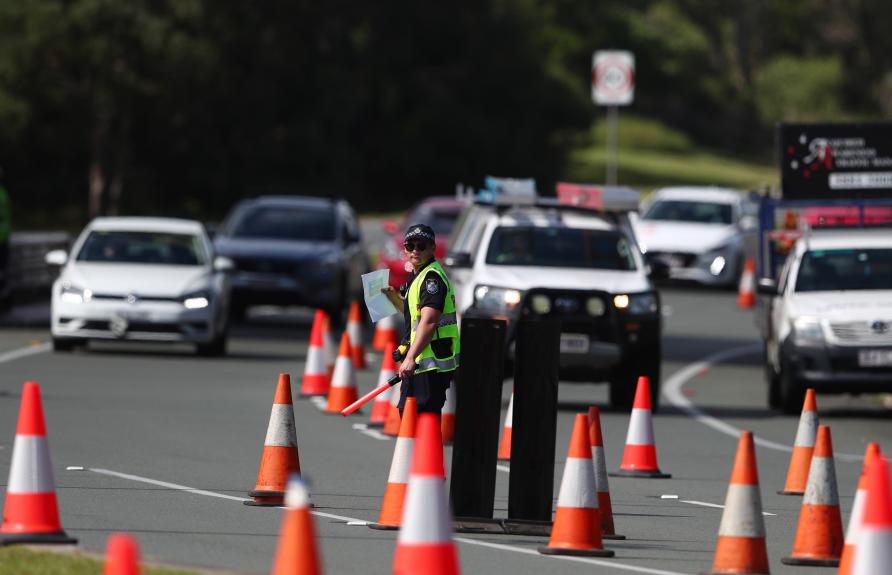
The law has encroached into virtually all aspects of our lives in ways that were previously unimaginable.
The New Normal
While the priority is, and has to remain, controlling the virus, we need to also be thinking over this period about what the new normal – or ‘normals’ – will and should look like across virtually all aspects of our societies, and the fundamental values on which we want these new normals to be based.
Law will play a critical role in building these new normals, both in the direct sense of the lifting of the legal restrictions that have been imposed when the time comes, and through addressing the massive social and economic dislocations that we are experiencing.
So many elements of this rebuilding are likely to be contested, and there will be no clearly right or wrong approaches to take.
As we look ahead to the post-emergency period, it may be useful to reflect on the some of the fundamentals that are guiding our approach to the emergency.
Doing so may usefully inform our thinking about the rebuilding phase.
1. Our health and wellbeing, and indeed our lives, are inherently interdependent.
This has become acutely obvious as we see the virus spread from person to person.
We are coming to understand our and others’ roles and responsibilities as spreaders or potential spreaders of the virus, as well as people having individual needs of a health system that has finite capacity – in personnel, equipment, and money.
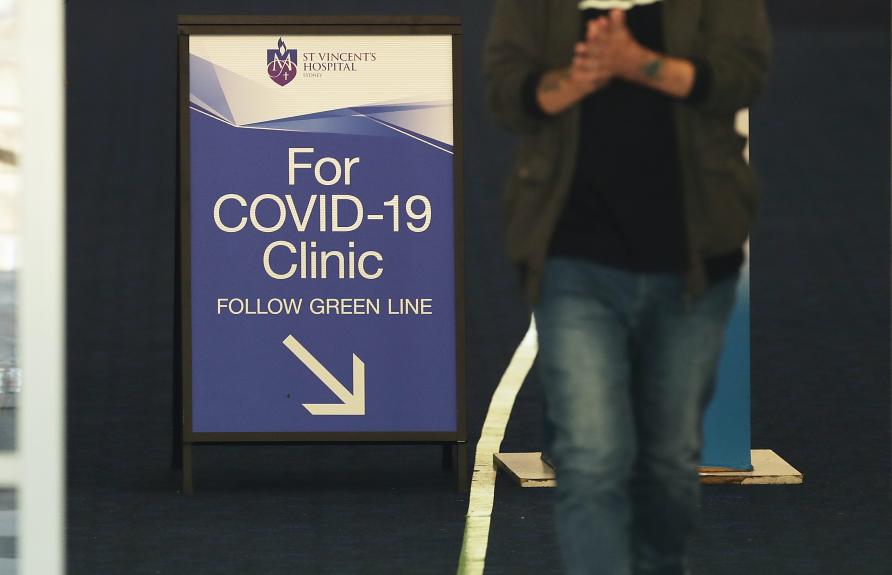
There is a growing sense that the new ‘normal’ may be very different from what we have known.
2. We owe particular responsibilities to the most vulnerable.
We see this starkly in recommendations of the extra degree of care that we need to take with respect to the aged and to people with existing health conditions and susceptibilities.
In supermarkets there are now dedicated times for the aged and people with disabilities, and specific restrictions have been introduced for residential aged care facilities and hospital visits.
3. The law can try to regulate much of what we do but it can only do so much.
At one level, this is about the extent to which we comply with the law, and what leads us to comply (or not) with it.
But at a deeper level, it is about the difficult balance between the role of governments in recommending, advising or requesting us to do things to control the spread of COVID-19 (like practising good hygiene), and requiring us by law to do things.
No amount of law can tell us what we must or mustn’t do in every situation we face.
Human interactions are too complex and varied. Individuals and businesses must constantly make decisions about the ‘right thing to do’ in particular circumstances, where there is a degree of uncertainty about what the law requires.
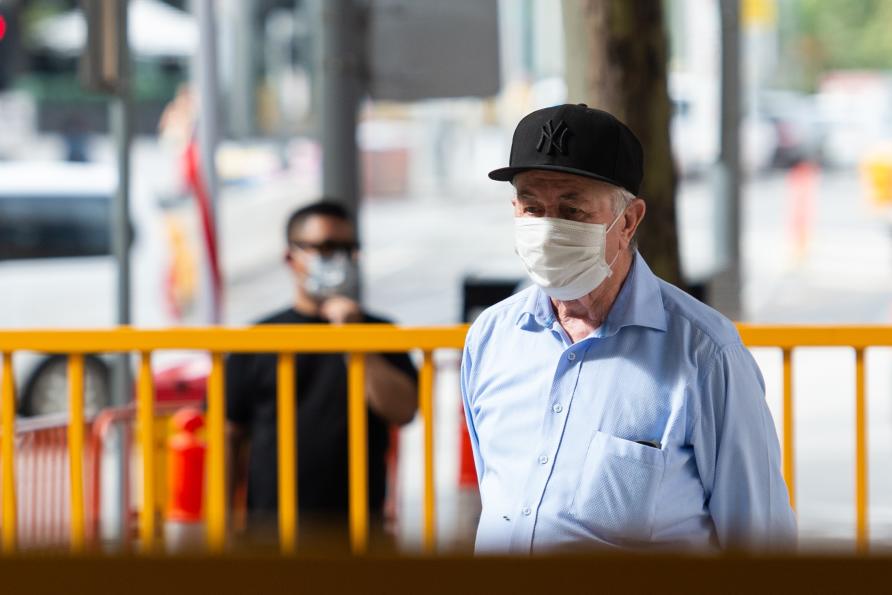
We owe particular responsibilities to the most vulnerable among us.
A period of public health emergency isn’t a time to insist on modifying our own behaviour only to the extent that the law strictly requires us to, or to look for grey areas or loopholes that haven’t been closed yet.
But there has to be an understanding with governments. Our laws have to be administered and enforced with compassion, and in ways that allow us to, as far as possible, maintain the social bonds that are essential to our wellbeing.
4. We are globally interconnected and we always will be.
The pace of the global spread of COVID-19 has been extraordinary.
Most of what we have seen so far on our TVs is happening in countries that have relatively well-developed health systems. We wonder what the virus will do in countries whose health systems (and economic systems and social supports) are less developed.
International travel has come to a virtual standstill for now. Global supply chains have been disrupted and countries are holding onto essential medical supplies that are urgently needed by other countries.
At the same time, scientists are working across countries to track and understand the virus, to share their experience in controlling it, and to develop a vaccine as soon as possible.
While countries close their borders and focus on protecting their own people, we shouldn’t lose sight of the situation in other places, particularly those less fortunate – in Australia’s case, especially in the Asia-Pacific Region.
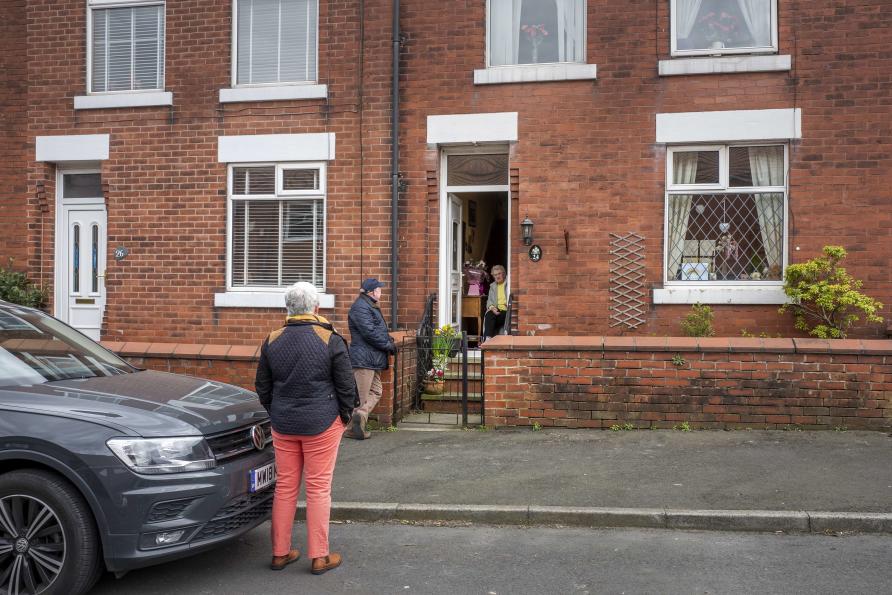
We should be thinking about the things we most value and want to preserve.
Each of these four fundamentals is essential to the way we conduct ourselves as societies and informs the difficult public policy choices we need to make.
In many ways, they are obvious, but they are apparent and pressing now in ways that we may not be used to.
The post-emergency rebuilding will be difficult. And we don’t know the spirit in which it will take place – whether it will be the irresponsibility displayed by the Bondi Beach crowd and toilet paper hoarders, or the sense of responsibility displayed by the neighbours who keep an eye out for the elderly couple down the street or the health workers who show up on the COVID-19 frontline every day.
At the same time as we focus on the immediate emergency, we should be thinking about the things we most value and that we want to preserve and nurture in the new post-emergency normal.
This article was published by Pursuit.
Jonathan Liberman is an Associate Professor in Law and Global Health with a joint appointment in the Melbourne Law School and the Melbourne School of Population and Global Health. His research interests include policies surrounding cancer and non-communicable diseases.









